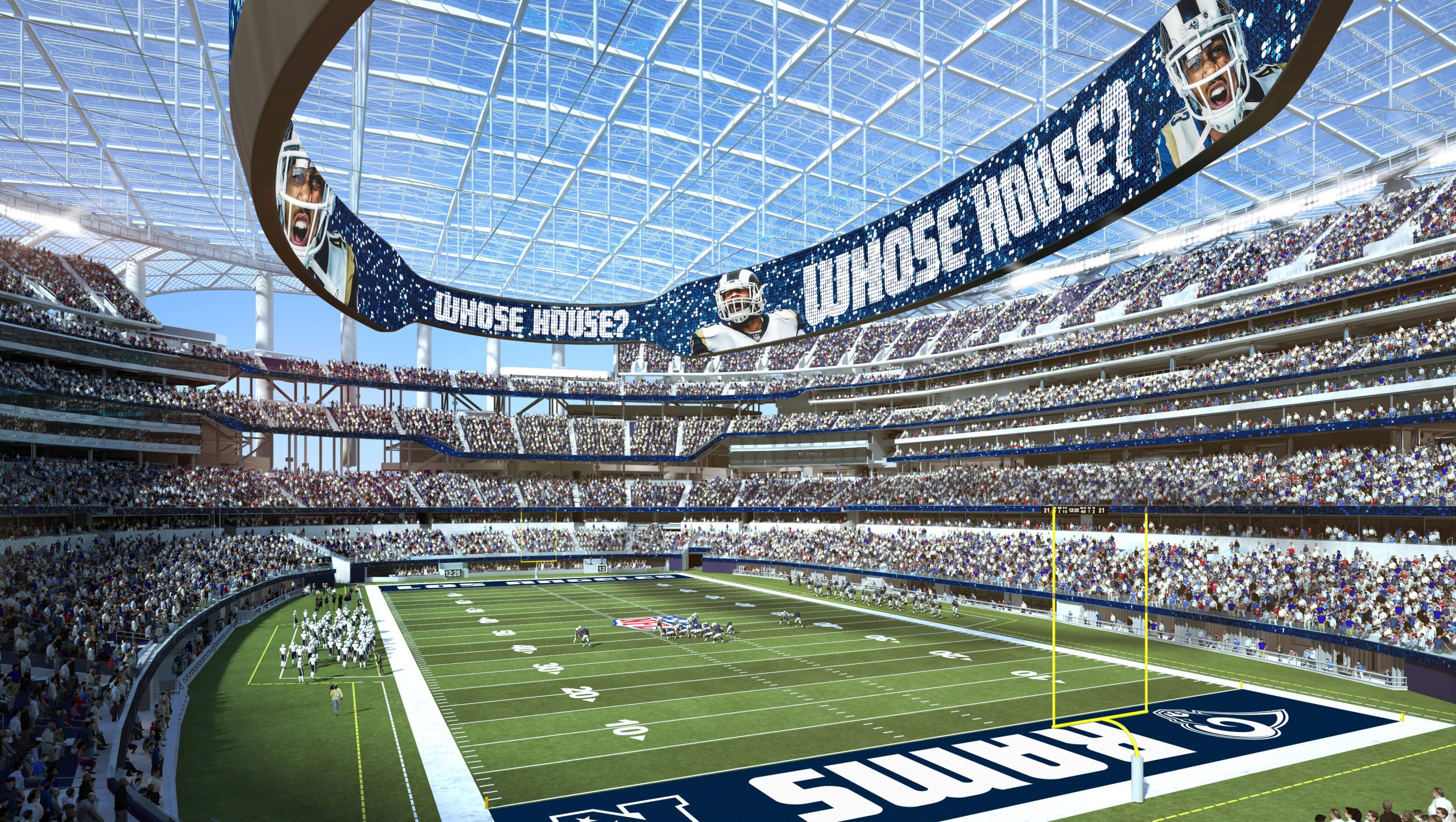Sports stadium construction and renovations always have mixed reactions. For instance, Kenya is currently renovating its stadiums in preparation for AFCON, meaning the government has to fund the projects. This is disturbing to citizens, especially now we are facing economic inflation. Prices skyrocketing, causing financial struggles for the majority. So, renovating the sports arena generates a heated debate among policymakers, economists, and urban planners.
Sports stadiums on real estate development are complex and multifaceted, with various economic benefits. It may be a waste of resources to some, but these arenas provide a space for fans to support their favorite teams and create lasting memories and for the athletes to show their talents as they build on their careers.
Moreover, these colossal structures are more than home to epic athletic showdowns but also impact the surrounding real estate market. Let’s explore how sports stadiums influence real estate development and the benefits they bring to cities and investors.
Increase property values
Sports arenas can increase property values in the vicinity. As the stadium becomes an intersection point for events and entertainment, nearby residential and commercial properties become attractive to residents and businesses. This is because developers and investors come in handy to improve and build more properties offering the new real estate website, causing waves in the Kenyan market. Meeting this demand for real estate can lead to substantial appreciation in property values.
For example, homes within a mile of Karasani Stadium have prices increase faster than those farther away. The proximity to a stadium offers the convenience of living, allowing homeowners to rent out their properties during events and generating extra income. This leads to higher property tax revenues for the local government.
Urban renewal
A city’s construction or renovation of a sports stadium catalyzes urban renewal. These projects bring forth new life into underdeveloped or blighted areas. Poorly organized areas with few structures can be transformed into noticeable and admired locations, significantly improving the surrounding neighborhoods.
The creation of a stadium goes hand-in-hand with infrastructure upgrades, such as improved transportation, roads, and public spaces, which can stimulate further real estate development. These improvements help businesspeople identify business opportunities such as bars, restaurants, and shopping and leisure centers, for instance, Thika Road Mall near Karasani Stadium in Roysambu.
Job creation
The construction and operation of sports stadiums create several job opportunities. From architects and construction workers to event staff and administrative positions, these facilities generate employment opportunities that directly impact local real estate markets. As people secure employment in the vicinity, demand for housing and other amenities rises, stimulating real estate development.
Boosting local businesses
Life away from daily endeavors is important. Sports stadiums are not about the games but the fan experience you receive. Local businesses benefit tremendously as fans flock to stadiums, from bars and restaurants to hotels and retail shops. This boost in foot traffic can be a game-changer for entrepreneurs and investors, making the area surrounding the stadium a hotspot for real estate development.
Moreover, stadiums host other events beyond sports, including concerts, conventions, and exhibitions, attracting diverse crowds and creating year-round economic activity. The adaptability significantly improves the area’s appeal for real estate developers, as they can cater to a broader range of consumers.
Sports stadiums are more than venues for athletic competitions; they are economic growth and revitalization engines. These iconic structures can draw people and open doors to new investment opportunities and infrastructure improvements. All these uplift the face of the surrounding areas, making them catalysts for real estate development.
So, as cities invest more in sports stadiums, the economic impact on real estate will remain a driving force behind urban renewal and community development. Therefore, on the brighter side of building or renovating sports arenas, they benefit us all.
You can view the original article HERE.






























